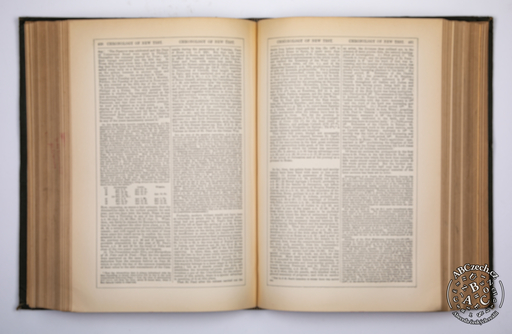
Religious confession accepted in 1575 by representatives of non-Catholic movements in the Kingdom of Bohemia as a common programmatic basis for their struggle for religious equality.
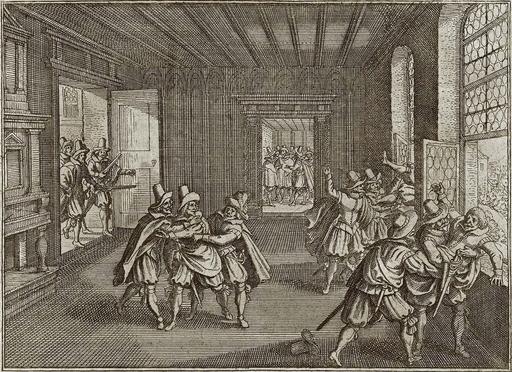
An uprising of non-Catholic estates of the lands of the Czech Crown and Austria against the Habsburg rule, taking place between 1618 and 1620. It is regarded as the beginning of the Thirty Years’ War.
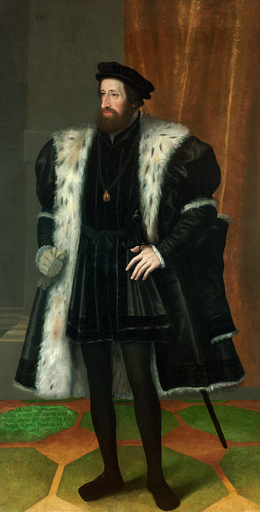
King of Bohemia and Hungary between 1526 and 1564, Emperor of the Holy Roman Empire from 1556. His reign marked the beginning of the almost four-century-long Habsburg rule over Bohemia.
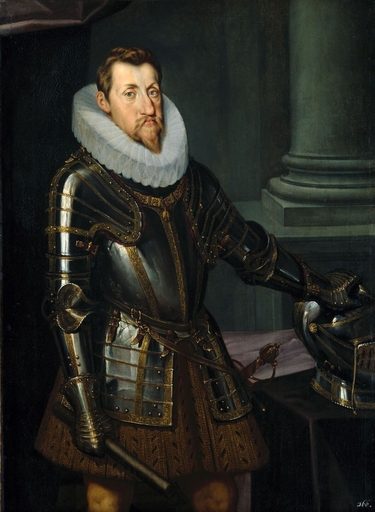
King of Bohemia and Hungary, and Holy Roman Empire from 1620 to 1637. One of the most despised rulers in Czech culture, a symbol of violent recatholization of the Czech lands.
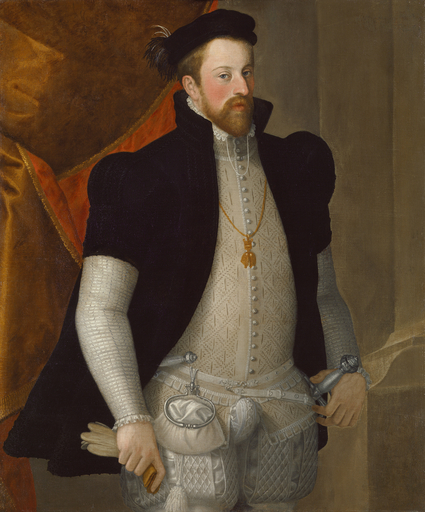
Archduke of Austria and Count of Tyrol between 1567 and 1595. In 1547–1567, he was Imperial Governor of the Kingdom of Bohemia. During his time at Prague Castle, Renaissance culture and humanism flourished in the Czech lands.
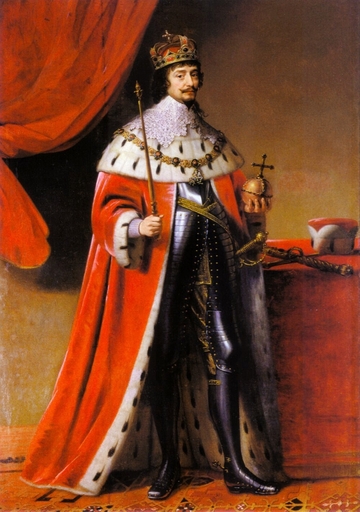
King of Bohemia in 1619–1620, Elector Palatine in 1610–1620. The only Protestant on the Bohemian throne and one of the leaders of the anti-Habsburg side at the beginning of the Thirty Years’ War. He was called “the Winter King” in the Czech lands due to his short reign.
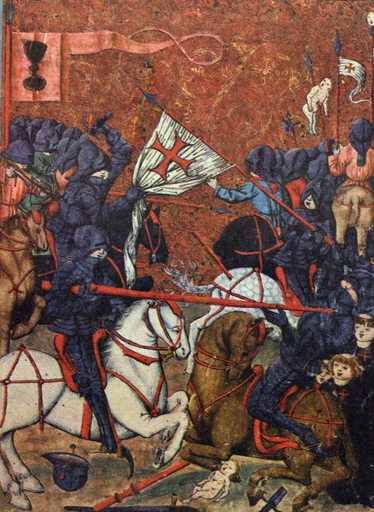
Religious movement based on the ideas of the Czech reformer Jan Hus. Its different versions all sought to achieve a radical personal faith and equality before God. The movement also became the source of bloody religious wars at the beginning of the 15th century.
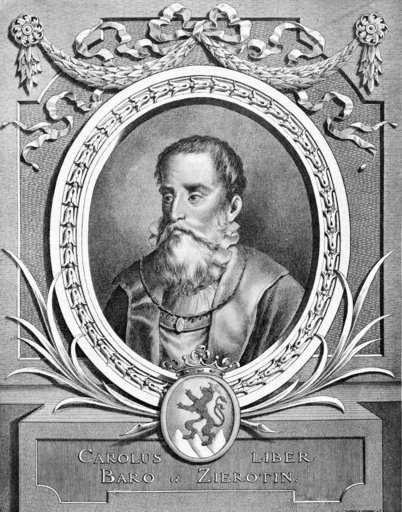
15 September 1564, Brandýs nad Orlicí – 9 October 1636, Přerov
Charles the Elder of Zierotin was the most prominent and respectable figures from Moravian non-Catholic nobility for several decades. A purposeful and deeply religious member of the Unity of the Brethren, he was exceptionally well-educated at Protestant schools and academies in Western Europe and he stood out among the Bohemian nobility as an individual with an unusually broad European outlook. In 1591, he entered the service of King Henry of Navarre, alongside whom he wanted to fight in the war between Huguenots and Catholics. However, when Henry converted to Catholicism in order to ascend the French throne, the disappointed Moravian nobleman returned home.
On the domestic political scene, Charles the Elder was a capable politician, lawyer and diplomat who commanded respect even in his adversaries. Until as late as 1599, when he withdrew due to false accusations of high treason, he held many Moravian offices. He described the crisis of contemporary society and his disappointment with the nobility’s selfish behaviour in his work Apologia or Defence of Mister George of Hodice (Apologie, neb obrana ku panu Jiříku z Hodic), which is one of the foremost monuments of Czech humanist literature. As a long-time critic of Rudolf II, in 1607 he supported the formation of the Moravian-Austrian-Hungarian coalition, which recognised the Emperor’s brother Matthias as their ruler. With his support, he held the office of the Moravian regional governor between 1608 and 1615. Three years later, as the recognised leader of the Moravian estates he rejected Moravian participation in the Bohemian Revolt; moreover, he sought to mediate peace between the rebels and the Emperor. His attempts to keep Moravia outside the war finally isolated him and after the Brno revolution, carried out by radical Moravian Protestants in June 1619, he could only watch, from home confinement, as his country shared the tragic fate of the revolt. He is still admired and criticised for his apparently unrealistic peace efforts.
Although after the Battle of White Mountain most Protestant noblemen were either imprisoned or exiled, the Emperor did not forget the Moravian leader’s peace efforts and Charles was thus one of a few non-Catholics allowed to stay in the country and keep at least a small property. He used his influence to support and protect persecuted members of the Unity of the Brethren; e.g. he provided shelter to Jan Amos Komenský. In 1629, he went into voluntary exile to Wrocław in Silesia, although he regularly returned to Moravia, where he died seven years later.
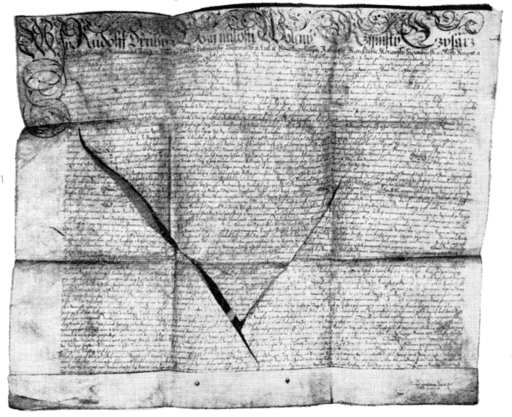
Important document issued on 9 July 1609 by Emperor Rudolf II, which confirmed religion freedom for the inhabitants of the Kingdom of Bohemia. It was the most progressive document related to religious freedom in Europe at the time.
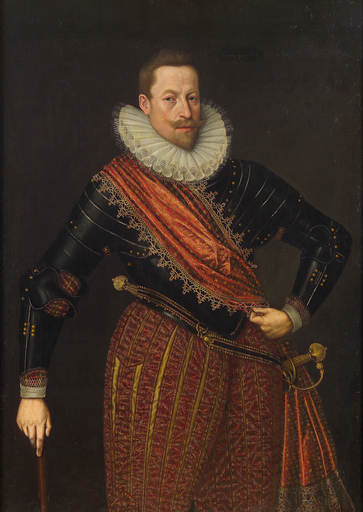
King of Bohemia between 1611 and 1619, King of Hungary between 1608 and 1619, and Holy Roman Emperor between 1612 and 1619. His life was marked by a long rivalry with Emperor Rudolph II and an unsuccessful attempt to resolve the increasing religious conflicts in the Holy Roman Empire.
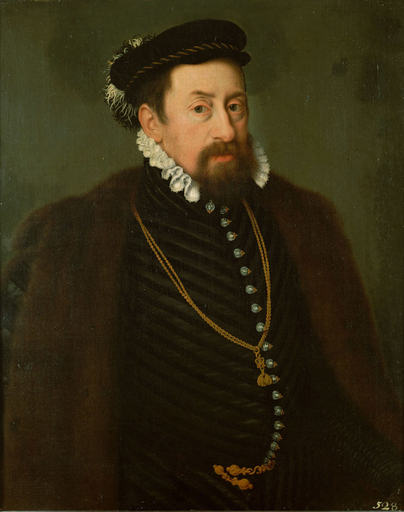
King of Bohemia, Hungary and Holy Roman Emperor between 1564 and 1576, known primarily for his religious tolerance.
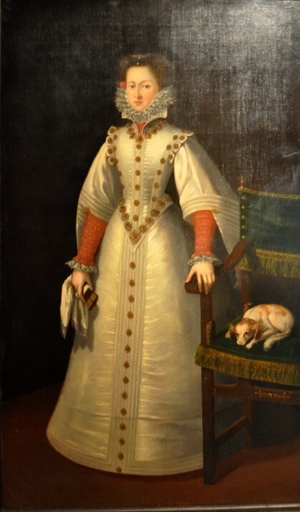
Czech noblewoman originally from the Pernštejn family, called in her time “the first lady of the Kingdom of Bohemia”. Owing to her exceptional education, influence and wealth she accumulated, she was one of the most respectable figures of her time.
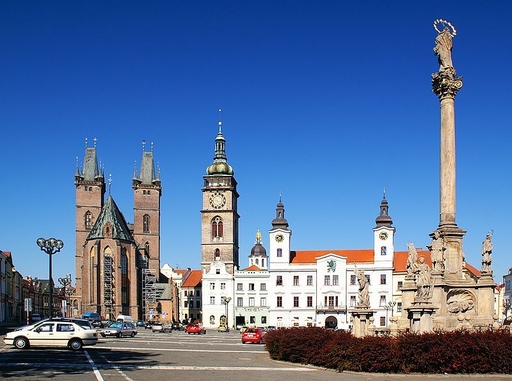
A historical term for a fortified town that rulers gave to their consorts as a type of titular gift.
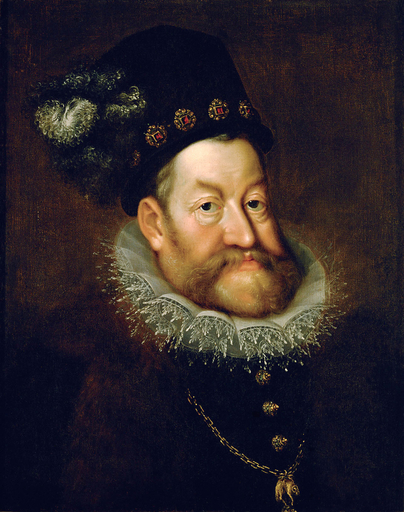
King of Bohemia between 1576 and 1611, King of Hungary between 1576 and 1608, Holy Roman Emperor between 1576 and 1612. His reign, characterised by a political decline, contrasted with an exceptional development of culture and science, is one of the most famous periods of Czech history.
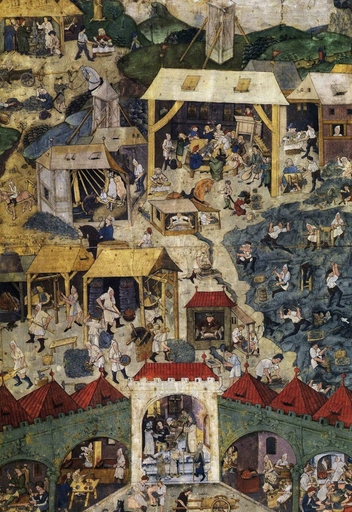
In the Middle Ages and the early modern period, silver was one of the main symbols of the Czech lands; it made them famous as the “silver superpower” of Central Europe.
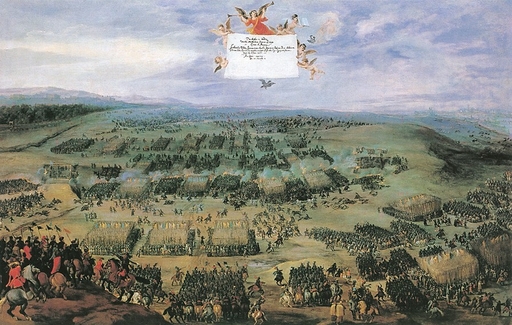
The decisive battle of the first phase of the Thirty Years’ War, in which the army of non-Catholic Bohemian estates suffered a devastating defeat by the Habsburg army of the Catholic League. It took place on 8 November 1620. Its results have made it accepted as one of the worst national traumas.
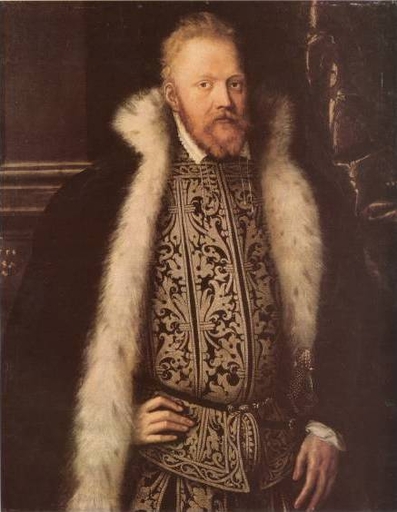
Bohemian nobleman and diplomat, a foremost representative of moderate Catholics in the period before the Battle of White Mountain. He was famous as a much travelled man with contacts in the highest circles of the Spanish court.
2016-2020 ABCzech.cz - © Filozofická fakulta Univerzity Karlovy
Content from this website may be used without permission only for personal and non-commercial purposes and with the source cited. Any other use is allowed only with the authors' consent.
This web application Sonic.cgi meets GDPR requirements. Current information can be found here.